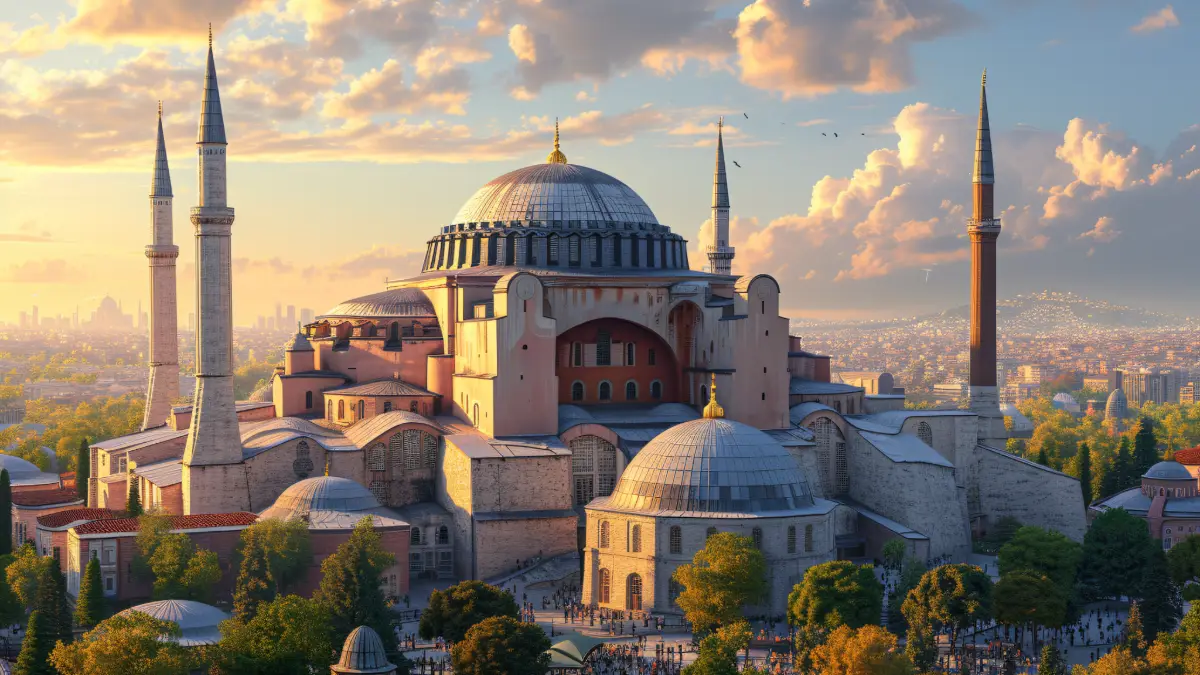Istanbul airports serve as the primary gateways to one of the world’s most dynamic and culturally rich cities. Whether you are a first-time visitor or a frequent traveler, understanding the Istanbul airports list, their locations, features, and transportation options is crucial for a smooth and stress-free journey. As Turkey’s most populous city and a global aviation hub, Istanbul is home to multiple airports that connect millions of passengers to international and domestic destinations through leading carriers such as Turkish Airlines.
Istanbul Airports List and Overview
Istanbul currently has two major operational airports:
- Istanbul Airport (IST) – The main international airport located on the European side.
- Sabiha Gökçen International Airport (SAW) – Situated on the Asian side, handling both domestic and international traffic.
A third airport, Atatürk Airport, once served as the city’s primary international hub but has been officially closed to passenger traffic since 2019. It now operates limited services for cargo, maintenance, and private jets.
Istanbul Airports Location and Accessibility
Understanding the Istanbul airports location is essential for travel planning. Istanbul Airport (IST) is located in the Arnavutköy district on the European side, approximately 40 kilometers from the city center, while Sabiha Gökçen Airport (SAW) lies in the Pendik district on the Asian side, about 45 kilometers from central areas like Taksim.
Transport Options:
- Istanbul Airport (IST): Accessible by Havaist shuttle buses, taxis, car rentals, and the M11 Metro line (Gayrettepe-Kağıthane-Airport).
- Sabiha Gökçen (SAW): Reachable by HAVABUS shuttles, taxis, municipal buses, and soon via the M4 Kadıköy-Tavşantepe metro extension.
Istanbul Airport Code and Turkish Airlines Hub
The Istanbul Airport code is IST, which replaced the former code of Atatürk Airport. It serves as the central hub for Turkish Airlines, offering direct flights to over 270 destinations across Europe, Asia, Africa, and the Americas. The airport’s vast terminal, cutting-edge infrastructure, and biometric security systems make it one of the most advanced in the world.
On the Asian side, Sabiha Gökçen Airport operates under the code SAW and serves low-cost carriers like Pegasus Airlines, AnadoluJet, and other regional airlines.
Istanbul New Airport Name and Development
The Istanbul new airport name is simply Istanbul Airport (in Turkish: İstanbul Havalimanı). Opened in April 2019, it is planned to become the world’s largest airport upon the completion of all phases. The airport will eventually house six runways, four terminals, and a projected capacity of 200 million passengers annually. Designed with sustainability and luxury in mind, the airport boasts LEED-certified facilities, art exhibitions, luxury retail, and lounge access for premium travelers.
Atatürk Airport: Legacy and Current Use
Atatürk Airport, once one of Europe’s busiest air hubs, ceased regular passenger operations in 2019. Despite this, it remains significant in Turkish aviation history. The site is now repurposed for cargo operations, private flights, and government events. While no longer on the Istanbul airports list for passenger travel, its legacy continues to shape the city’s aviation identity.
Turkish Airlines and Istanbul’s Aviation Dominance
Turkish Airlines, headquartered in Istanbul, plays a pivotal role in connecting the East and West. Operating primarily out of Istanbul Airport (IST), it offers superior in-flight service, an extensive global network, and the award-winning Miles&Smiles loyalty program. Turkish Airlines has significantly contributed to Istanbul’s emergence as a global aviation superpower.
Where World-Class Travel Meets Premium Healthcare
Istanbul airports offer more than just travel convenience—they represent a strategic blend of modern infrastructure, cultural heritage, and global accessibility. From the high-capacity Istanbul Airport to the efficient Sabiha Gökçen, travelers can expect comfort, efficiency, and seamless transit. For those visiting Istanbul not just for tourism but also for medical purposes, facilities like Avicenna International Hospital ensure access to premium healthcare in close proximity to the city’s main transportation hubs.







